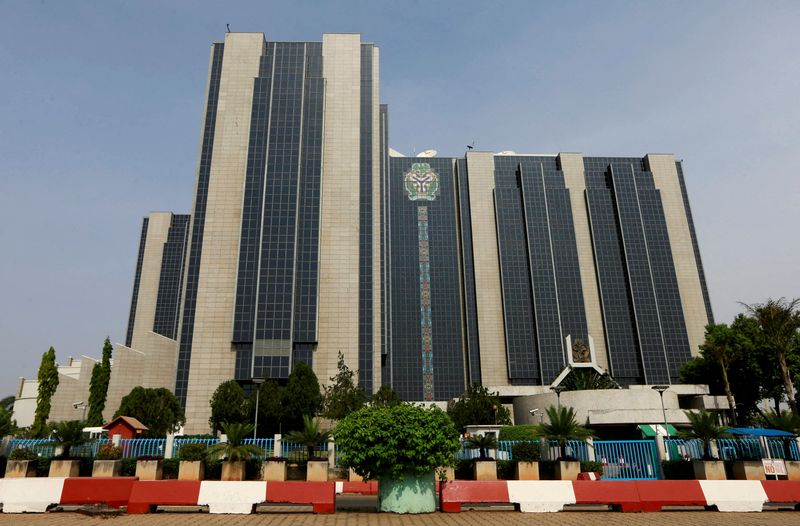ABUJA (Reuters) – Nigerian private sector activity expanded for the second straight month in September as new orders rose, especially for chemical and pharmaceutical products, results of a central bank business survey showed on Friday.
The central bank’s purchasing managers index (PMI) of private-sector activity rose to 50.5 points from 50.2 points in August, above the 50 point line that denotes increases in activity.
The PMIs are one set of indicators the central bank’s monetary policy committee considers when it sets interest rates.
President Bola Tinubu’s reforms to the currency market and cutting of petrol and electricity subsidies have stoked inflation, eroding Nigerians’ purchasing power.
The PMI report said 23 out of 36 sub-sectors reported growth in September, with cement posting the highest rise, while transportation and warehousing reported the biggest decline.

Non-metallic mineral products, petroleum and coal products were among the sectors that remained unchanged.
The central bank has hiked interest rates five times this year to tackle inflation, but analysts say this has raised the cost of borrowing for businesses with a negative impact on economic activity.
